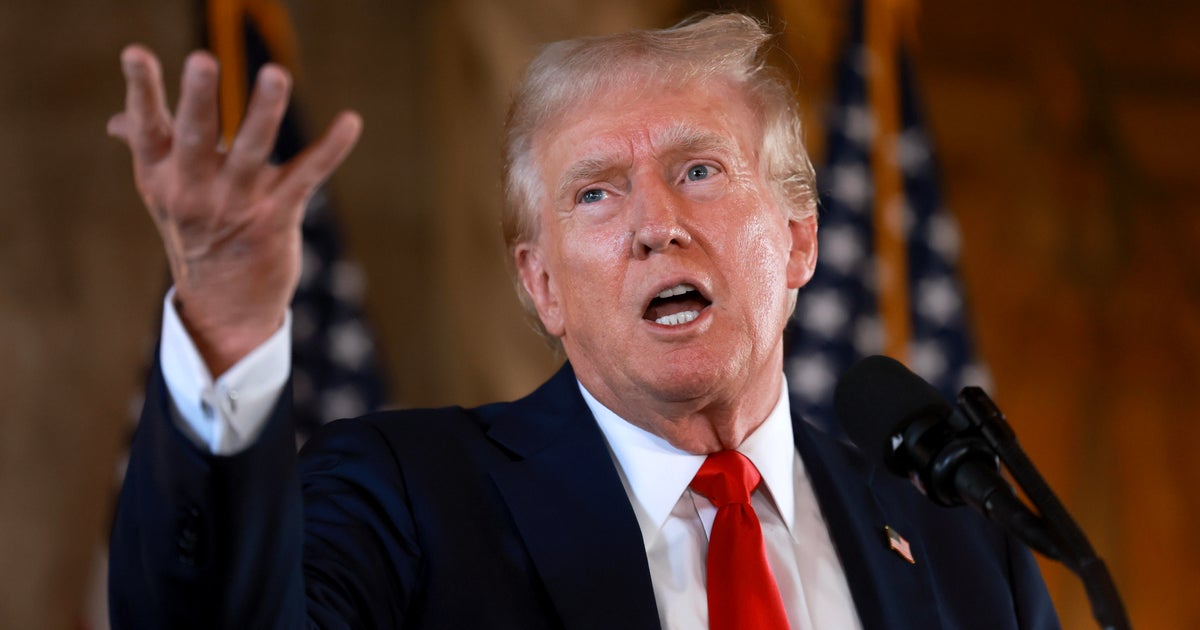Fallout from the Supreme Court immunity decision
Washington — The judge overseeing the federal 2020 election-related prosecution of former President Donald Trump has agreed to postpone the first hearing in the case since the Supreme Court issued its landmark ruling on presidential immunity after prosecutors asked for more time to interpret the legal ramifications of the decision.
Judge Tanya Chutkan wrote in a brief order that attorneys representing Trump and special counsel Jack Smith were to appear for a status conference on Sept. 5 instead of the previously scheduled date of Aug. 16.
“The Government continues to assess the new precedent set forth last month in the Supreme Court’s decision in Trump v. United States…including through consultation with other Department of Justice components,” Smith wrote late Thursday in his request to delay the hearing. “The Government has not finalized its position on the most appropriate schedule for the parties to brief issues related to the decision.”
Trump’s legal team did not oppose the schedule change, according to the filing.
Prosecutors in Smith’s office are now consulting with other sections of the Justice Department to seek guidance “with respect to established practices, policies and procedures of the Department,” the filing said.
The special counsel charged Trump with four counts tied to his conduct after the 2020 presidential election, including conspiracy to defraud the U.S.
Prosecutors alleged the former president worked to subvert the peaceful transfer of power through a pressure campaign at the state and federal levels that culminated in the Jan. 6, 2021, Capitol attack.
The former president pleaded not guilty and denied wrongdoing.
Last week, Chutkan regained control over the case after the appeals court remanded the case to the district court, in accordance with the Supreme Court ruling.
Chutkan quickly set a hearing date for the case as she weighs a schedule for legal briefs on the path forward. She will have to decide which alleged conduct described in special counsel Jack Smith’s indictment of the former president should be deemed “official” in nature and which could be the subject of criminal prosecution. The Supreme Court ruled in a 6-3 decision that former presidents are immune from prosecution for official acts they take while in office.
Chief Justice John Roberts wrote the opinion for the court’s conservative majority. He divided presidential conduct into three categories: official acts that are part of presidents’ “core constitutional powers”; other official acts that are outside their “exclusive authority”; and unofficial acts. Presidents have “absolute” immunity for the first category, “presumptive” immunity for the second, and no immunity for the third.
The high court instructed Chutkan to “carefully analyze the indictment’s remaining allegations to determine whether they too involve conduct for which a president must be immune from prosecution.”
What comes of the special counsel’s further consultation with Justice Department officials that prompted the delay remains unclear, as does the case’s future.
Robert Legare is a CBS News multiplatform reporter and producer covering the Justice Department, federal courts and investigations. He was previously an associate producer for the “CBS Evening News with Norah O’Donnell.”


